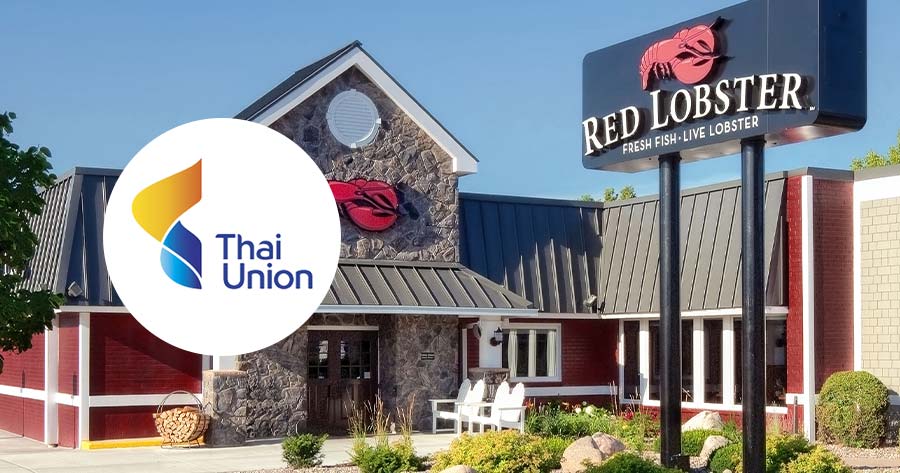Red Lobster, which has filed for Chapter 11 bankruptcy in Florida on Sunday, is examining the involvement of its owner, Thai Union Public Company Limited (SET: TU), in the “endless shrimp” marketing campaign that resulted in $11 million in losses, according to court filings.
The seafood chain, known for its 550 casual dining restaurants across the U.S., revealed in documents that Thai Union’s significant influence in the supply chain and decision-making process led to a series of management missteps.
Former CEO Paul Kenny’s decision to make the $20 endless shrimp offering a permanent menu item in May 2023, against opposition within the management team, exacerbated the situation.
As a result of the exclusive deal with Thai Union and the elimination of other suppliers, Red Lobster faced shrimp shortages and higher costs. CEO Jonathan Tibus outlined the company’s investigation into the circumstances surrounding these choices in the bankruptcy filing.
Red Lobster, burdened with $294 million in debt, intends to restructure by closing underperforming locations and selling the remainder to a consortium of lenders led by Fortress Investment Group.
Despite being a major player in the global seafood market, Red Lobster cited issues such as poor management decisions, inflation, rent expenses, and intensified competition as contributing factors to its financial struggles. The company reported a $76 million net loss in 2023 and recently shuttered 93 restaurants in a bid to streamline operations and reduce costs.
Meanwhile, Thai Union, a Thai listed company, booked a one-time non-cash impairment charge of THB 18.4 billion (USD 527 million) during the fourth quarter last year after announcing its intention to pursue an exit of its minority investment in Red Lobster.





